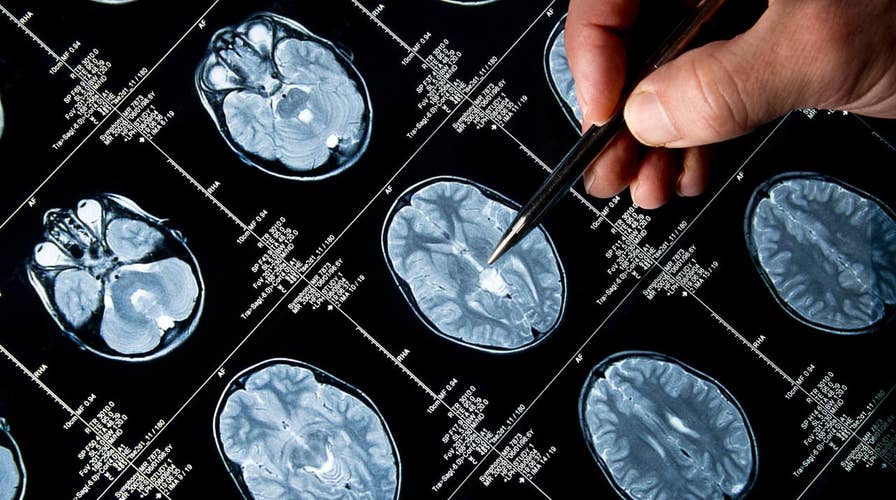How to make your brain younger
We’ve heard advice through the years for ways to keep our brains young by doing crossword puzzles, eating fish and avoiding alcohol. But Dr. Richard Carmona, author of “30 Days to a Better Brain” says some of that brain buzz isn’t true at all
As our life expectancy continues to increase, one of the biggest fears for our senior citizens is that they may physically live longer than their brain functions.
This thought is being fueled by numerous press reports about the increase in Alzheimer’s disease and other dementias.
Dementia is generally relates to loss of cognitive function. Alzheimer’s is a type of dementia, but there are many others like senile (aging) dementia and dementias associated with other neurologic diseases.
NAVY SEAL EMBRACES WIFE FOR FIRST TIME SINCE TRAGIC ACCIDENT
The good news is that the evolving neuroscience shows that there are things we can do to preserve and even enhance our cognitive ability through the life span.
The concept of neuroplasticity shows that our brains can recover after injuries and strokes as well as, in some cases, improve brain function in the face of chronic neurologic disease.
In my book, "30 Days to a Better Brain," I outline the mind, body and spirit approach to preserving and enhancing cognitive function as practiced at Canyon Ranch.
As we age, we have learned the value of healthy eating and remaining physically active through the life span. Each of these factors is an essential variable in overall health to include brain health and cognitive vitality.
CTE FOUND IN BRAINS OF 110 OUT OF 111 DECEASED NFLERS
We also know that if we don’t stay physically active, our muscles will atrophy and as we weaken, we lose our ability to actually participate in life activities and we become more vulnerable to falls and injury.
The brain also needs continuing challenges to stay vital as well and to prevent atrophy from minimal activity. So the brain needs a “brain gym”, that is, new information and challenges that give your brain a workout so that brain nerve cells are challenged and preserved and new brain neural networks are made to capture and store the new information.
No matter your age, even centenarians can benefit from learning new things, from a new language to playing a musical instrument or simply staying socially engaged with active stimulating conversation.
Dr. Richard Carmona is the 17th Surgeon General of the United States and president of Canyon Ranch Institute. He is the author of "30 days to a Better Brain."

